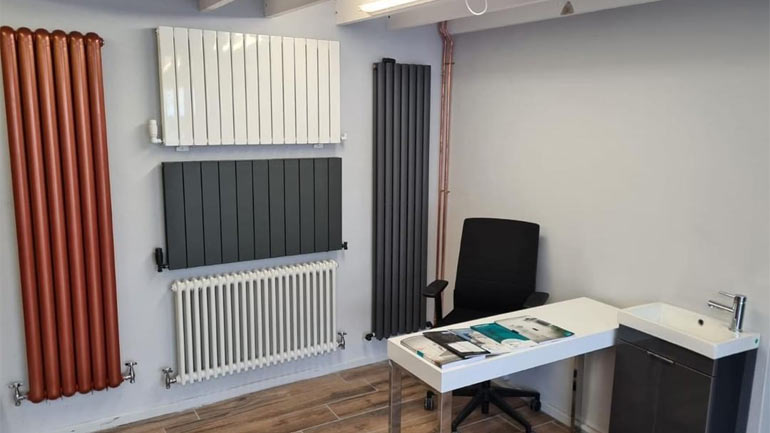
Is there a foul odor in your house that gets stronger when the air conditioner is turned on? Even if you successfully locate and remove the cause of the foul odor, you might be unaware that a foul odor in your home may also pose serious health risks.
Here’s some vital information on odors that may be emanating from your A/C vents:
Mold, mildew, and fungus
Mold and mildew could spread through the ductwork if there is too much humidity or moisture in your HVAC system. Repair any water leakage, boost ventilation, plan bi-annual HVAC tune-ups, and replace HVAC filters regularly to help avoid mildew and moisture issues. If you have bare dirt in your crawlspace or cellar, you can cover it up.
It would be best to ensure that the contractor you hire includes a thorough cleaning while arranging your air conditioning tune-up. The condensate drain line will be cleared, the evaporator coils will be cleaned, and any mold or mildew issues will be detected during this annual checkup.
It smells like “dirty socks or stinky feet.”
The scent of filthy socks or stinky feet may be caused by dirty evaporator coils, clogged condensate drain pans, and polluted water. We highly suggest contacting an expert for thorough cleaning and air conditioning repair near you. Additionally, you have to get this done immediately unless you can put up with the smell.
Tobacco Smoke
If anyone has smoked in the house, the smell of smoke can accumulate in the filter and evaporator coil. You could detect stale cigarette smoke when you switch on the air conditioner. You need to replace the filter, have a professional tune-up, and get it cleaned. Lastly, smoke outside instead of indoors.
Burning Smell
This may be due to a hot engine, a wiring problem, or some technical problem. This is a dangerous situation, so we don’t recommend trying a DIY repair. Switch off the HVAC system at the breaker box right away.
The smell may be more akin to gun powder, indicating a short from the AC’s circuit board or fan motor. If the burning odor continues, leave the house immediately and call the fire service. Melting plastic components may often emit a fishy or rotten egg odor. Switch off the circuits at the breaker board, leave the building, and call the fire service.
Schedule servicing from an HVAC specialist until it has been determined that the house is ready to rent. This would ensure that the air conditioner does not have any electrical or technical issues.
The Smell of “Rotting Carcass or Dirty Trash”
If a critter has died in your HVAC or duct system, the odor can become unbearable quite soon. It is preferable to observe the decomposition as soon as possible. To begin, switch off the air conditioning system. Then, for airflow, open some of your doors and windows. Then contact a reputable HVAC or pest control firm right away.
Rotten Egg Smell
If you detect rotten eggs in your house, don’t leave them unchecked. It may be a leaked gas scent! Natural gas is odorless by itself, but producers must apply a mercaptan chemical to give it the distinct rotten-egg odor.
A patch of grass or shrubs that has turned a pale brown/orangish color is another gas leak indicator. Find out all about the alert signals of a gas leak.
If you detect rotten eggs emerging from your vents, take the following steps:
- Don’t touch something electronic.
- Don’t use lighters or matches.
- If there are some open fires, such as torches, make sure they are extinguished.
- Open as many doors and windows as possible.
- At the meter, switch off the gas supply. If you cannot switch off the gas to your house, the gas provider can do so on your behalf.
- Evacuate the house immediately.
Are you looking for professional help in Belleville, NJ? Integrate Comfort Systems has everything you need to get your system in top shape again. The company also offers A/C installation services in Belleville, NJ. Contact Integrate Comfort Systems at 866 749 6331 for top-notch A/C repair services.




